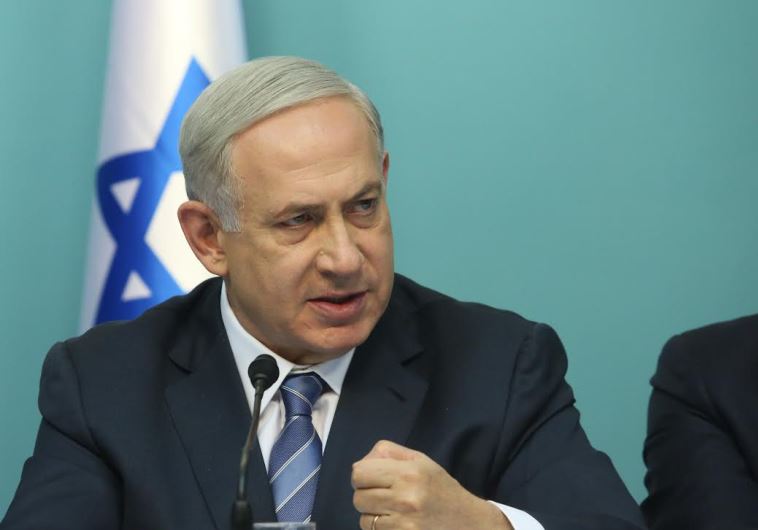Spanish judge issues arrest warrants for Netanyahu, Liberman, others
Spain is just the latest member of the international community to accuse Israel of war crimes and pursue Israeli officials over the affair.
 Prime Minister Benjamin Netanyahu, Octobe 8, 2015(photo credit: MARC ISRAEL SELLEM)
Prime Minister Benjamin Netanyahu, Octobe 8, 2015(photo credit: MARC ISRAEL SELLEM)